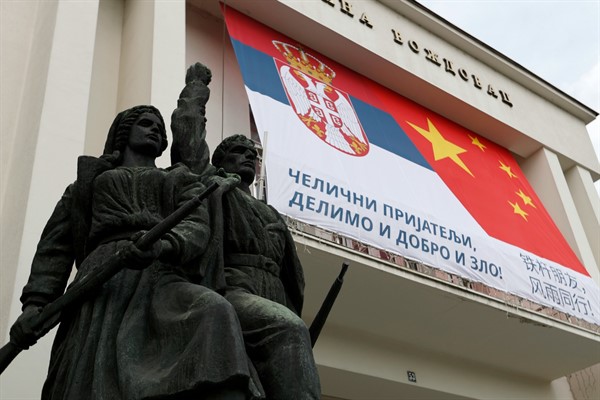China has made concerted attempts recently to rewrite the global narrative about the coronavirus pandemic, especially its own lack of transparency about the early outbreak in Wuhan, in order to project an image of itself as a responsible global power. It has shipped medical supplies to help countries around the world contain the virus’s spread, and has launched a far-reaching disinformation campaign about the origins of the contagion and China’s response to it.
Europe has been at the heart of these efforts. Chinese state media outlets have insinuated that Italy was the source of the novel coronavirus, while Beijing has faulted European countries for their allegedly poor crisis management and supplied medical aid of poor quality. All this has caused a backlash in some quarters of Europe.
As a result, China’s relations with the European Union are likely to become more strained in the post-coronavirus era. At the same time, Brussels fears that Beijing could use the coronavirus pandemic and the economic fallout as an opportunity to further its political and economic influence among the financially weaker Central, Eastern and Southern European countries. This applies not only to full-fledged EU member states, but also to those seeking to join the bloc, in the Balkans for example.

